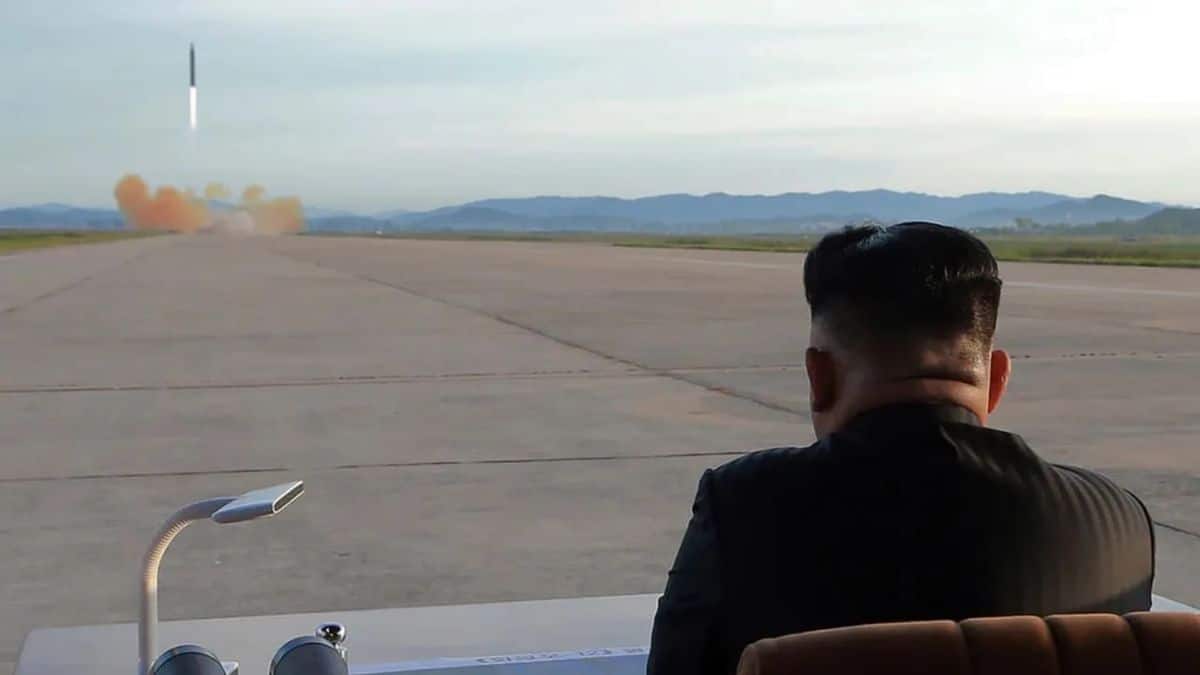Recent reports indicate that North Korean workers stationed abroad are experiencing rising tensions as the regime in Pyongyang intensifies its surveillance efforts to prevent defections. This increased scrutiny reflects the regime’s growing concerns over loyalty and the potential loss of crucial hard currency inflows that sustain the country’s struggling economy.
According to multiple sources, including defectors and human rights organizations, North Korean authorities have significantly ramped up their surveillance of workers in foreign countries. These measures include more frequent check-ins, restricted movements, and heightened scrutiny of communications. Workers are reportedly required to report their activities regularly to overseers, who closely monitor their compliance with the regime’s stringent regulations.
The increased monitoring has exacerbated an already tense environment for these workers. Many face gruelling work conditions, low pay, and a constant fear of retribution from North Korean officials. The heightened surveillance has only added to the stress, leading to rising discontent and pervasive fear among the workers.
North Korea relies heavily on the earnings of its overseas workers, who are sent primarily to countries like China, Russia, and various nations in the Middle East. These workers are often employed in construction, logging, and other labour-intensive industries. The regime takes a substantial portion of its earnings, which is used to fund government operations and support the ruling elite.
Human rights organizations have long criticized this practice, labelling it a form of modern-day slavery. The workers, many of whom are selected for their perceived loyalty, are often subjected to poor living conditions and have little recourse to address grievances.
International Response
The international community has taken note of the worsening situation. In December 2017, the United Nations Security Council passed Resolution 2397, which called for the repatriation of North Korean workers abroad by the end of 2019. However, enforcement has been inconsistent, and many workers remain abroad under harsh conditions.
The U.S. Department of State has also condemned North Korea’s use of forced labour, highlighting the exploitation and human rights abuses faced by these workers. Various non-governmental organizations continue to advocate for increased pressure on host countries to protect the rights of North Korean workers and ensure their safe return.
As North Korea continues to face international sanctions and economic difficulties, the regime’s reliance on overseas labour is unlikely to diminish. The heightened surveillance and control measures underscore Pyongyang’s determination to maintain this vital source of revenue while preventing defections that could embarrass the regime and weaken its control.

